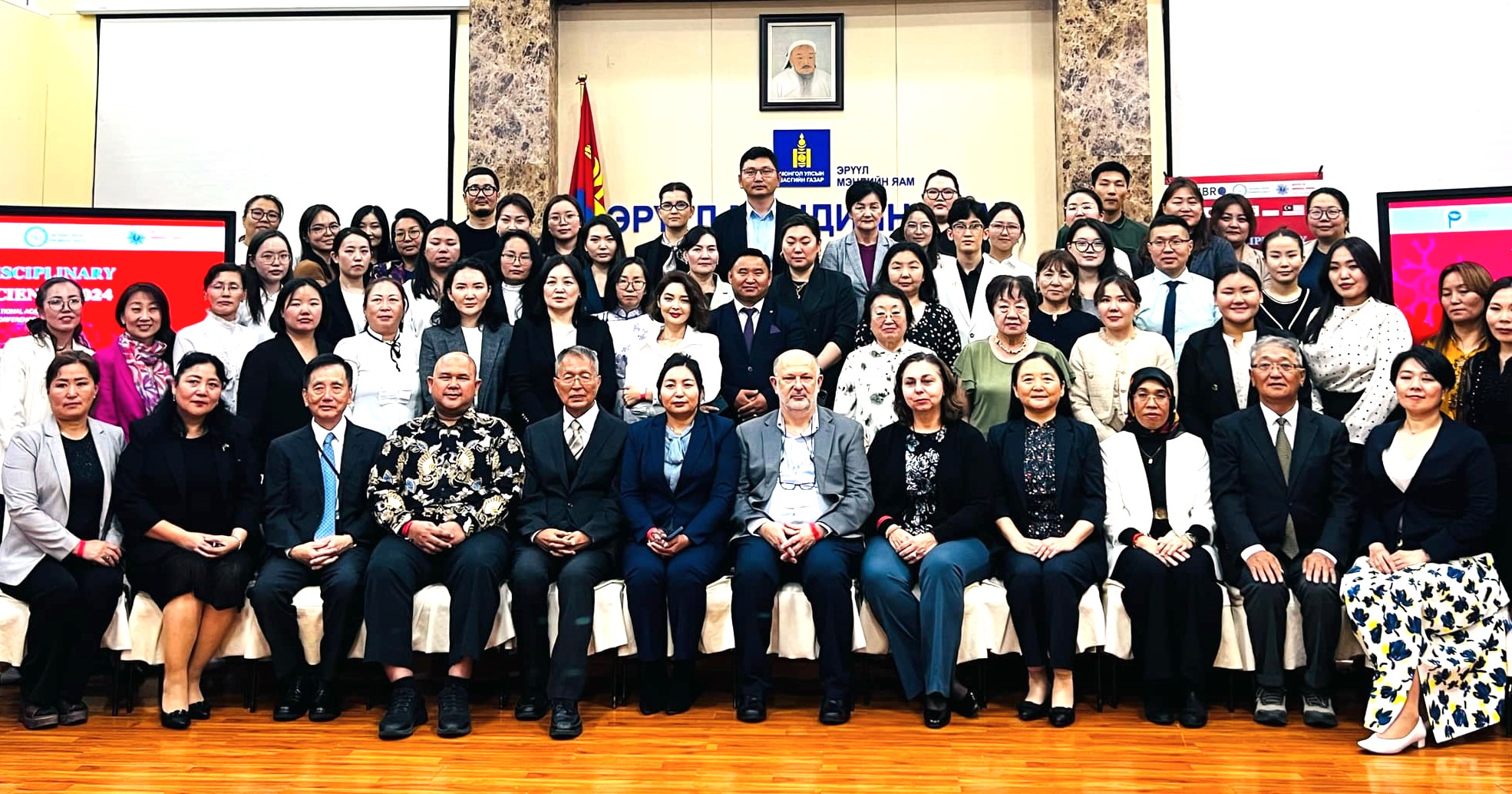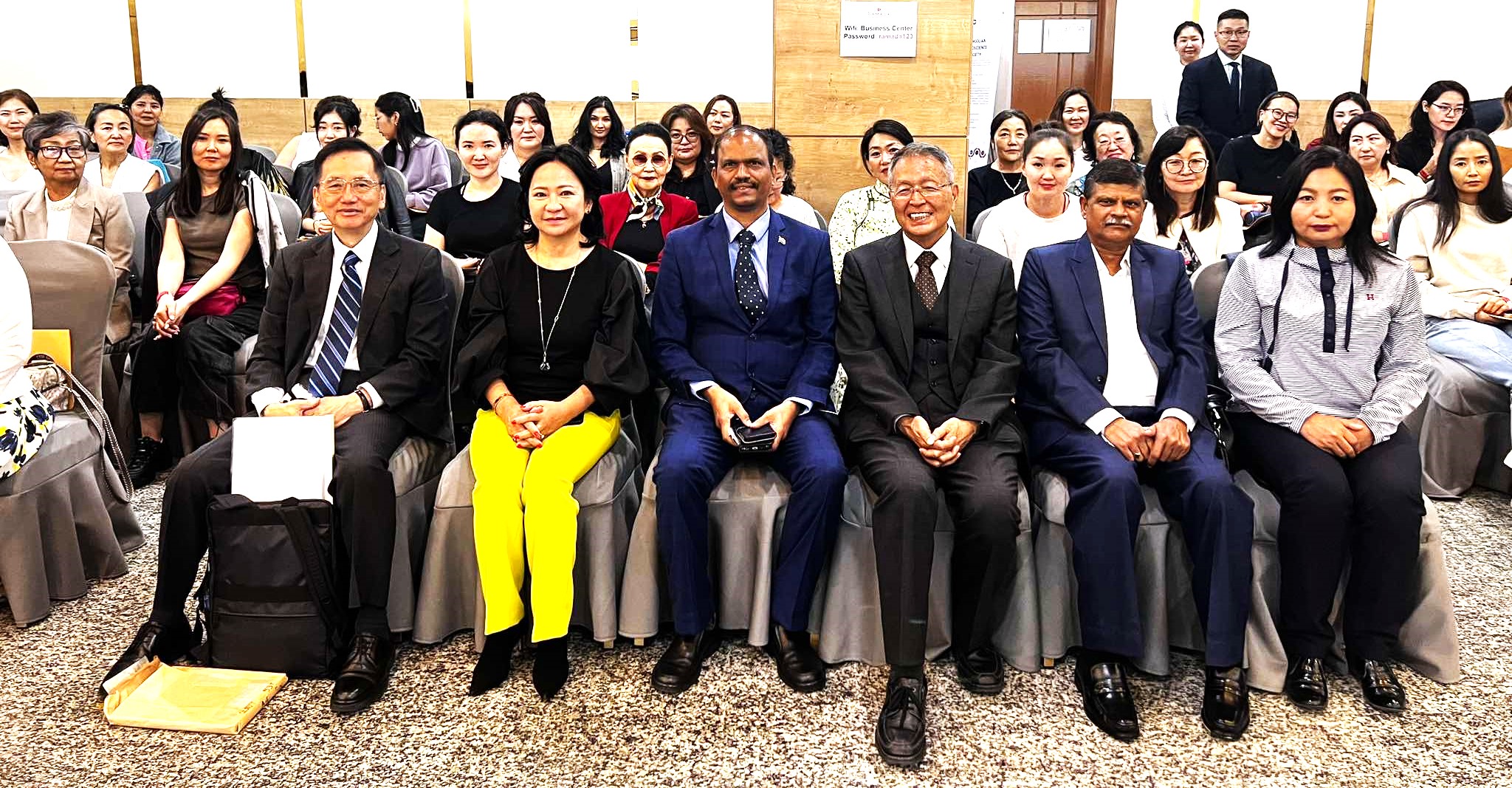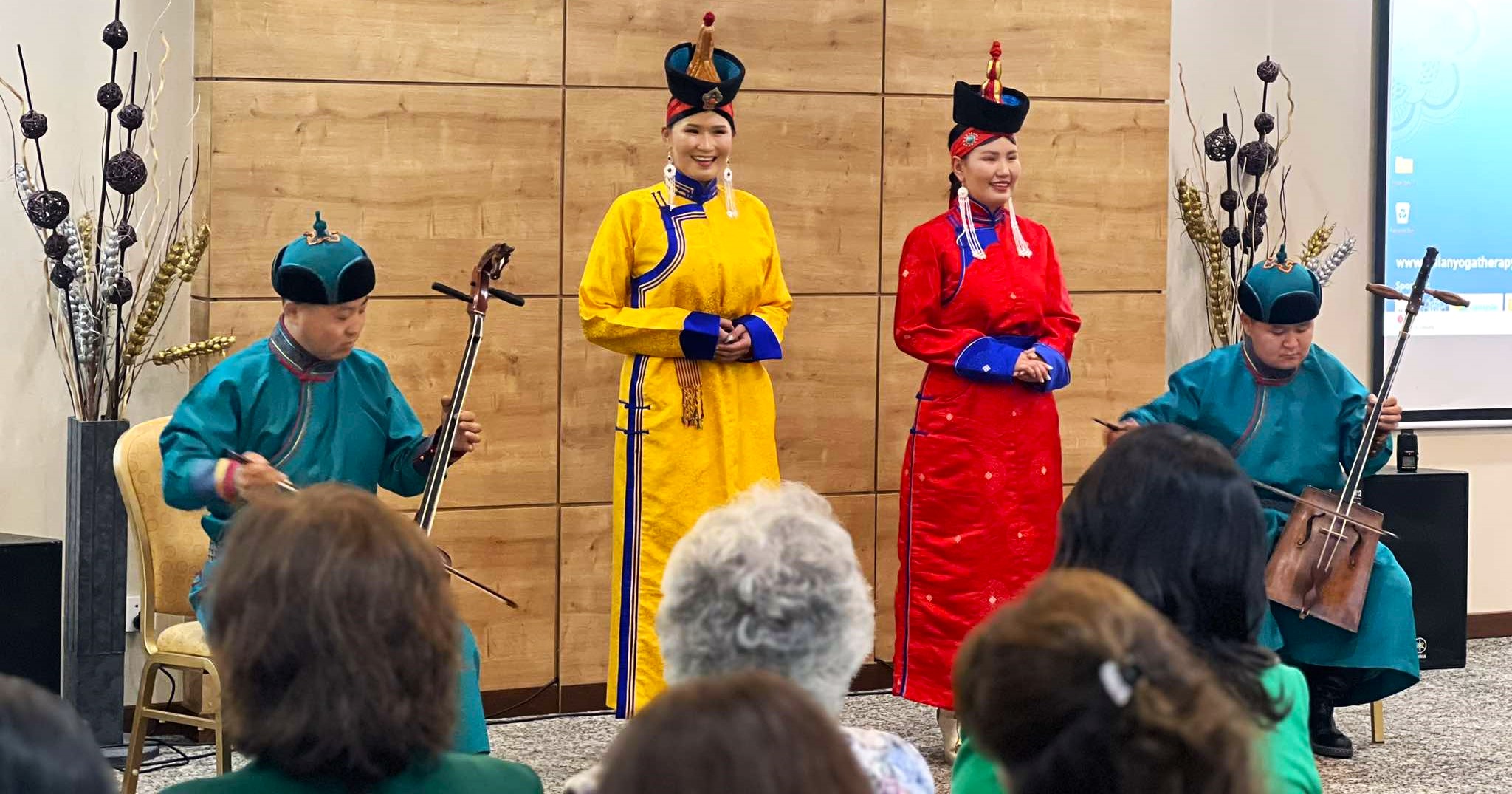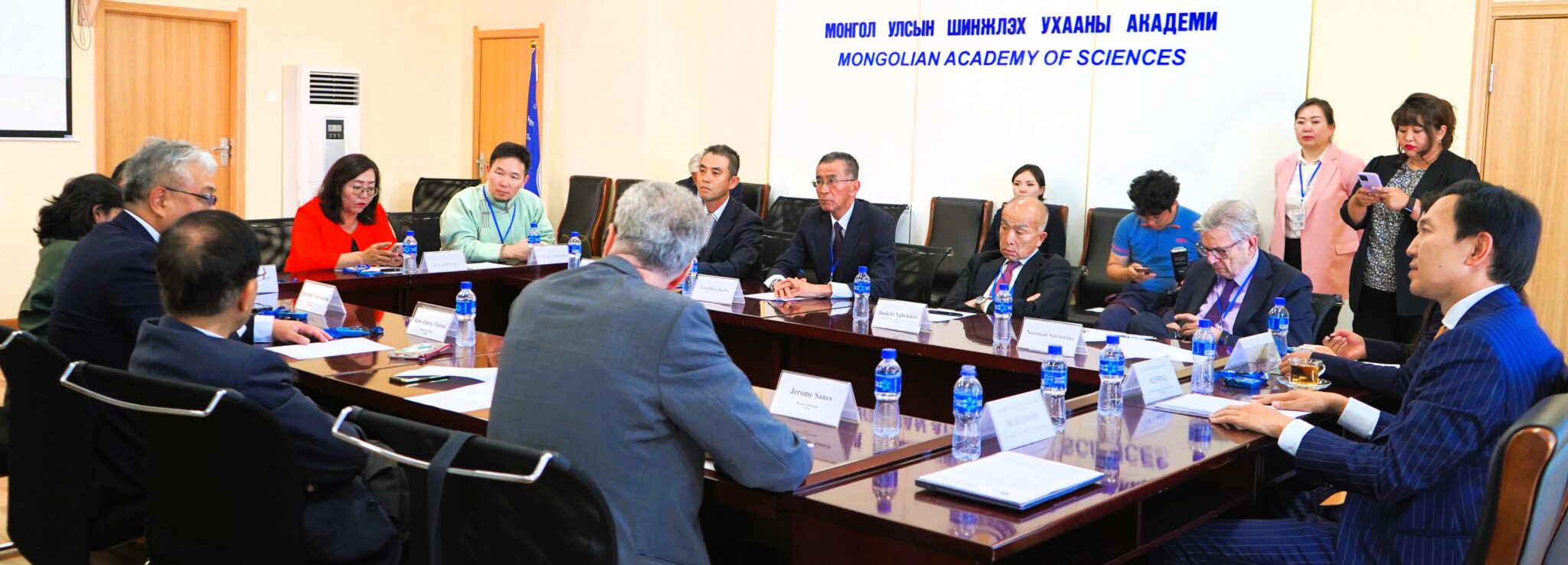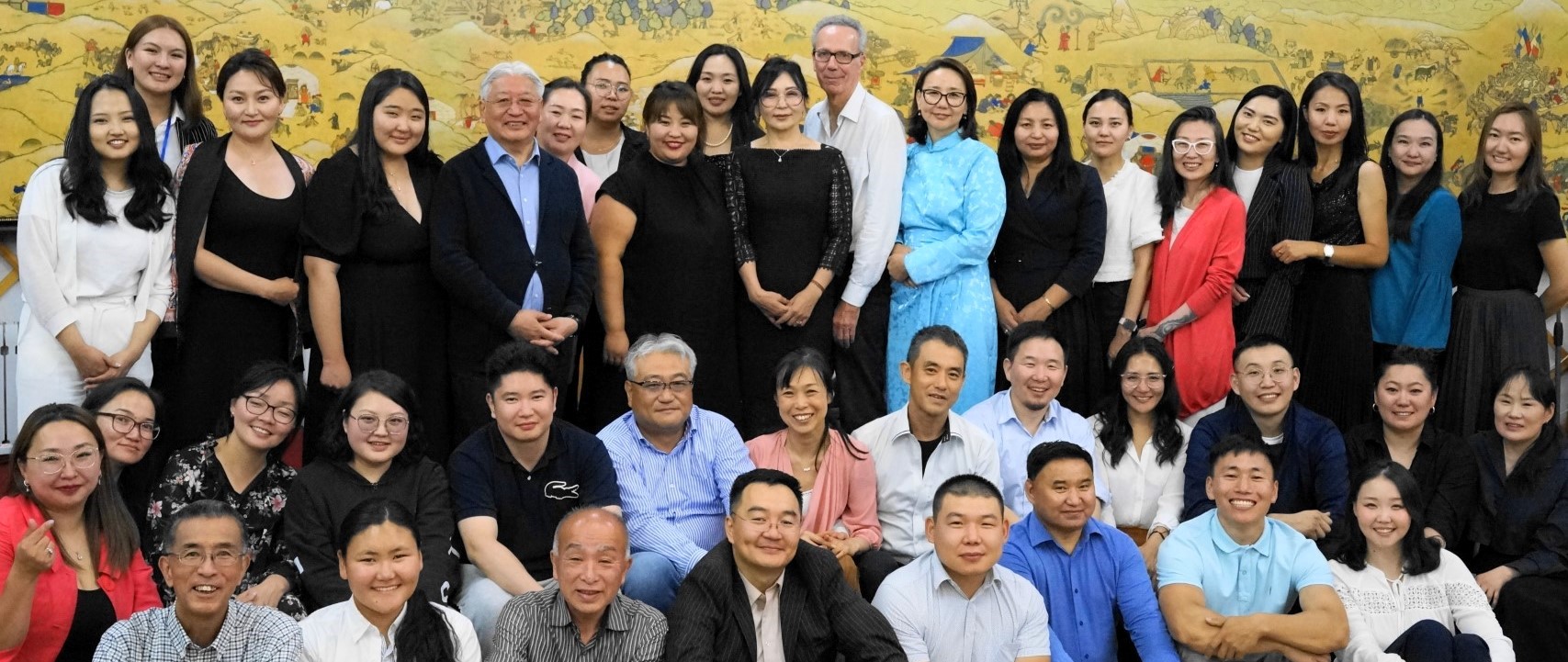Монголын нейросайнсын нийгэмлэгээс жил бүр зохион байгуулдаг "Салбар дундын тархи судлал 2024" сэдэвт олон улсын эрдэм шинжилгээний хурал 2024 оны 8 сарын 2-ны өдөр ЭМЯ-ны хурлын танхимд амжилттай зохион байгуулагдлаа.

Research line I - Obesity
Since little is known about the mechanisms underlying obesity, we focus on neural circuits responsible for ghrelin and other related hormones to elucidate possible treatment modalities.
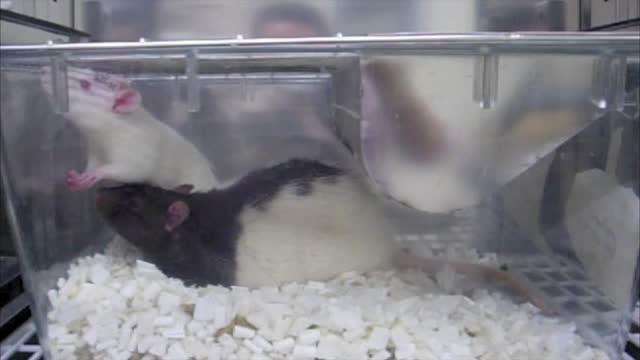
Research line II - Stress
Social animals including rats and mice establish communities surprisingly similar to human society with complex internal relationships.
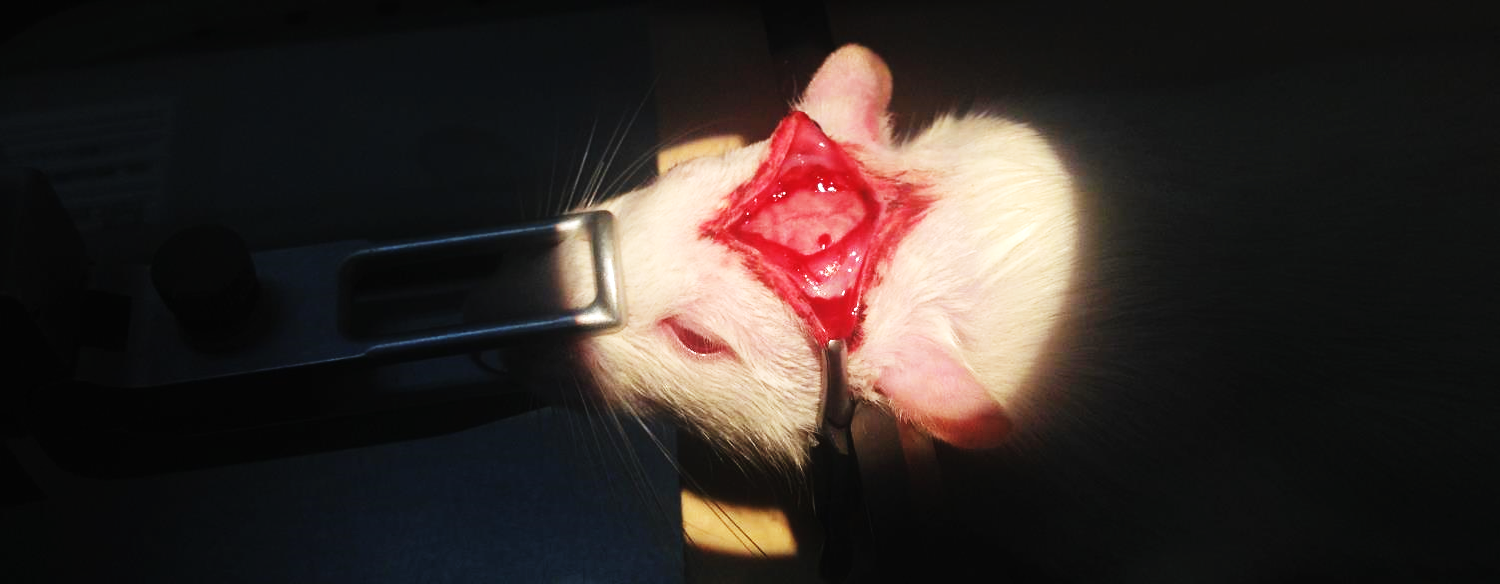
Research line III - Thermoregulation
Thermoregulation is fundamental for the survival of animals including humans. However, the central circuitries of behavioral and autonomic thermoregulation is poorly understood. We are seeking to identify responsible neurons that mediate thermoregulatory responses to various stimuli including temperature, infection, and psychological stress.

Research line IV - Sleep and circadian rhythms
Mechanisms underlying various temporal rhythms play crucial roles in health and sleep disorders. Our primary goal is to describe sleep pattern, eating behavior, and quality of life in healthy and clinical populations.
Mongolian Neuroscience Society (MNS) is an academic non-profit organization, founded in 2014 in Ulaanbaatar, which is aimed to develop neuroscience in Mongolia and represent this field of science abroad.
The society’s mission is to leverage science in order to enhance mental, physical, and social well-being of Mongolian people through innovations in policy, education, and research by providing a platform for interdisciplinary interactions, supporting the establishment of collaborative research programs, translating advances in neuroscience, molecular biology, genomics, and the behavioral and social sciences, as well as developing teaching concepts that strengthen the personality, collectivity, and creativity of the population.




